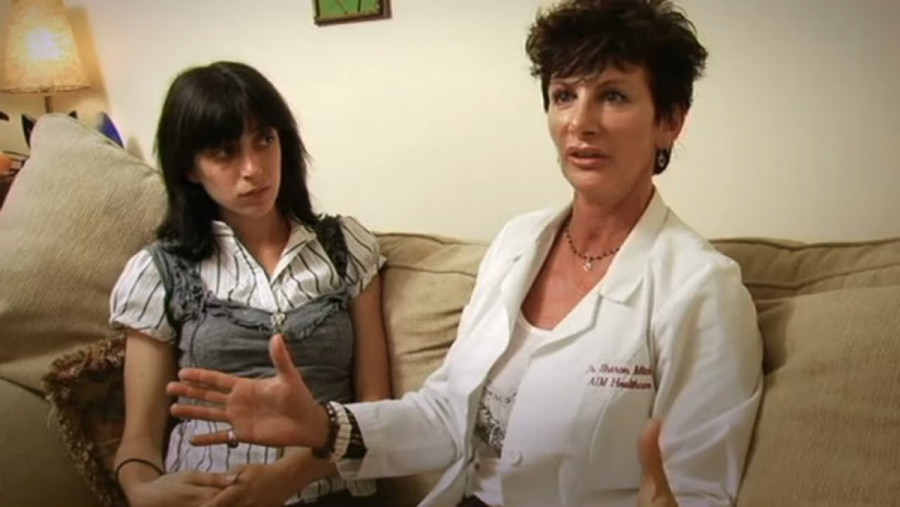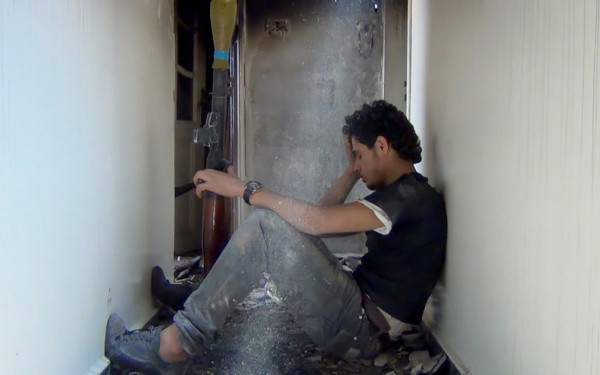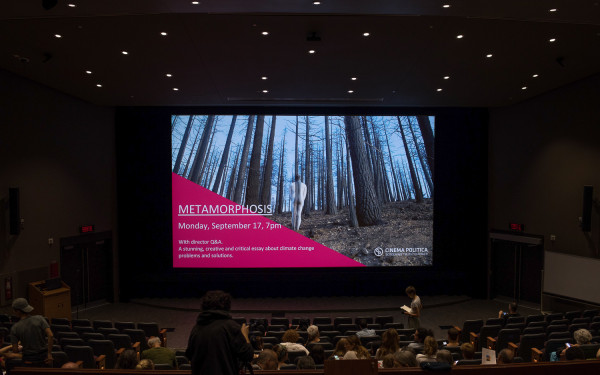A Quick Study on Social Issues
Packed Schedule of Free Screenings this Season for Cinema Politica
It’s been a year of flaring passion in Quebec.
Whether it’s stopping the proposed pipelines, protecting aboriginal communities and First Nations’ rights, or fighting to keep tuition low, 2012 saw mass protests on a whole range of social injustices.
Here to screen the activism is Cinema Politica Concordia. Since 2004 it has been funded by a fee levy and donations. It provides the community with artistic works and informative documentaries for free.
Cinema Politica describes itself as a “media arts, non-profit network of community and campus locals that screen independent political film and video by Canadian and international artists throughout Canada and abroad.”
Headed by coordinator Svetla Turnin, the group screens documentaries once a week in Concordia’s H-110.
January Film Schedule
Haiti: Where Did the Money Go?
by Michele Mitchell. U.S. 2012.
Baseball In the Time of Cholera
by Bryn Mooser and David Darg. Haiti. 2011.
“In the United States alone, half of all households gave a total of $1.4 billion to charities, yet almost two years later more than half a million people still live in squalid camps,” the film summarizes. “Only a few have access to drinking water. Sanitation is woefully inadequate. Malnutrition and cholera are on the rise. What happened?”
Haiti: Where Did the Money Go? investigates that question and more. Director Michele Mitchell has a bone to pick with the first aid organization Red Cross. After multiple trips to Haiti in the wake of the 2010 earthquake, she demands to know why relief is so sparse in the country. The film dedicates screen-time to both the residents of Haiti’s camps and Red Cross officials. Svetla Turnin, coordinator of Cinema Politica, says the film “addresses the failures of the international aid complex and governments to effectively provide relief to the Haitian people.”
Mitchell is a compassionate and likeable guide in the film, and the camps’ conditions, such as some residents having only tarps to protect them from Hurricane Sandy, force the viewer to ask that same question.
The short Haitian documentary Baseball In the Time of Cholera will also be screened after Where Did the Money Go?. It deals more specifically with the cholera epidemic in Haiti and the U.N.’s denial of its role in introducing the disease to the country, despite overwhelming evidence indicating otherwise.
Haiti: Where Did the Money Go? and Baseball In the Time of Cholera in the Hall Building (Room H-110) / Jan. 21, 7:00 p.m. / Free
Screening will feature filmmakers and producers as guest speakers after the screenings. More information: www.canadahaitiaction.ca
The People of the Kattawapiskak River
by Alanis Obomsawin. Canada. 2012.
With the Idle No More movement making headlines in recent months, there’s a good chance you’ve run into supporters displaying banners and feathers proudly on the streets of Montreal. Their chants and dances demand rights and justice for aboriginal communities across Canada.
The People of the Kattawapiskak River, directed by one of Canada’s greatest documentary filmmakers, Alanis Obomsawin, is an account of the first cry that was heard around the world when Attawapiskat Chief Theresa Spence declared a state of emergency for her impoverished reservation in Northern Ontario.
The film brings viewers into the poverty-stricken village of Attawapiskat and lets the local Crees tell their stories while also covering the international media frenzy spurred by Spence’s call for action.
Turnin says the film is “realistic, honest and beautifully shot,” and it is an excellent way to provide context to the sweeping social cause Idle No More, an “organic movement to reclaim the voices of the people, and to preserve treaties, human rights, and the environment, while revisiting our relationship to Canada and ourselves.”
Director Alanis Obomsawin will be present for a Q&A and discussion after the screening. More information on the movement here.
The People of the Kattawapiskak River in the Hall Building (Room H-110) / Jan. 28 at 7 p.m. / Free
Inside Lara Roxx
Mia Donovan. Canada. 2011.
Coming from one of Concordia’s grads, director Mia Donovan’s Inside Lara Roxx follows a troubled Montreal girl’s journey to L.A. to make it in the adult entertainment industry–only to contract HIV shortly thereafter.
The documentary is candid and unflinching as it presents Roxx’s short-lived career in pornography, her various health issues (both physical and mental) and her trials in creating her own foundation for the protection of sex workers.
Donovan’s interviews are extensive, including Roxx’s mother, sister and former L.A. porn industry associates, her boyfriend “Wolf” (whose theatrics make him pop off the screen), the doctor who diagnosed her, her former drug counselors and many more.
The film opens in 2004 and concludes in 2010. The six-year span allows viewers to witness firsthand Roxx’s highs and lows, and the ultimate transformation the film ends with.
A film critic and cinema professor at Concordia Matthew Hays said Donovan’s portrayal of Roxx was accurate and honest.
“The topics of porn and HIV transmission could so easily have descended into tawdry exploitation,” Hays said. “The director, Mia Donovan, manages to explore these issues while never patronizing Roxx. A powerful and moving film.”
This film screening is in collaboration with the HIV/AIDS lecture series put on by Concordia University.
The screening features Lara Roxx as a guest speaker after the film.
Inside Lara Roxx in the Hall Building (Room H-110) / Jan. 31 at 7:00 p.m. / Free
For a full list of upcoming Cinema Politica screenings click here.









